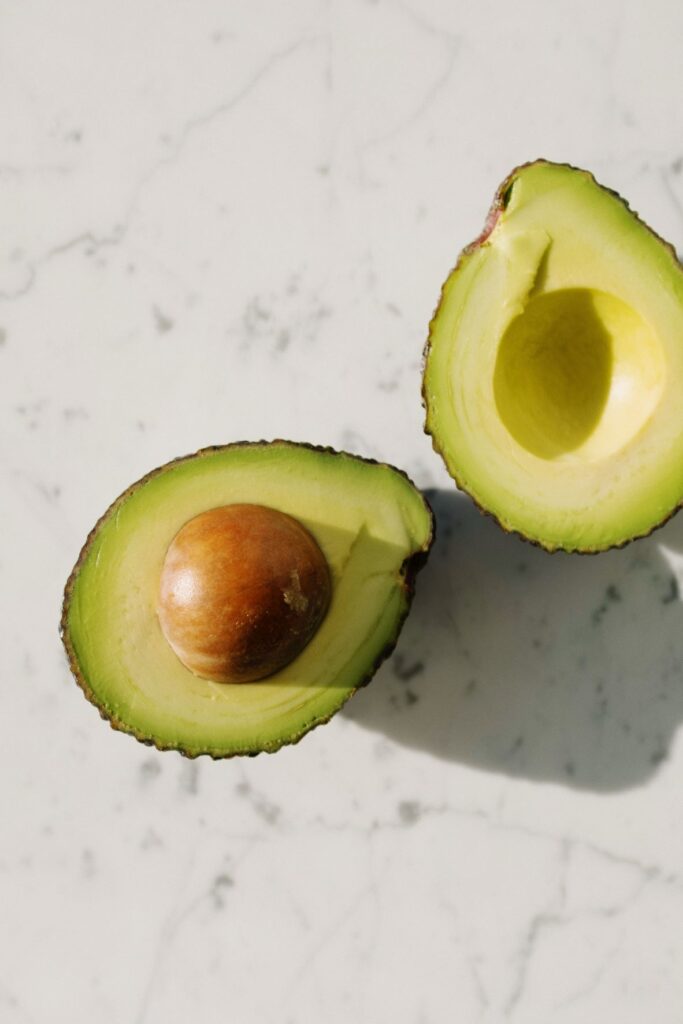
Macros and micros–short for macronutrients and micronutrients–are words that are thrown around quite a bit in the fitness industry. When I first started my fitness journey, I can remember feeling overwhelmed with learning these new terms and their impact on my nutrition. But now, I can’t stress enough the importance of understanding the composition of the foods you consume when trying to align your eating habits with fitness goals.
In order to achieve your goals your body needs a proper balance of protein, carbohydrates, fats, vitamins, minerals, and water. The proper balance for you at a particular point in time depends on your current fitness level and your fitness goals.
Let’s get into a quick easy primer on nutrients, and how you can use them on your fitness journey.
Protein
Protein consists of amino acid building blocks, which build and repair muscles, tendons, red blood cells and enzymes. Protein can also be used as an energy source if carbohydrates and fats are not available. Your goal is to protect your protein sources since no other nutrient can perform the same vital functions. Good sources of protein include chicken, fish, beef, dairy products, and legumes (beans). One gram of protein yields four calories.
Carbohydrates
Carbohydrates – (i.e. sugars, starches, and fiber) provide glucose and therefore are the body’s preferred fuel source. They are found in foods such as pasta, breads, potatoes, vegetables, dairy, legumes, and fruits. Sugars and starches are 100% digestible, which means that every calorie is converted to glucose. Fiber is indigestible plant material. Since the body can’t digest fiber the glucose never enters the blood stream and can never be stored as fat. One gram of carbohydrate equals four calories.
Fats

Fats are used by the body for energy during normal activities and low to moderate exercise intensity. Fats are found in plant and animal foods such as nuts, seeds, oils, meats, and dairy. Moderate amounts of fat are a necessity. One of the primary purposes of dietary fat is to slow the digestive system so nutrients don’t enter into the blood stream too quickly, especially carbohydrates. Fat is also responsible for healthy skin and hair, and joint lubrication. One gram of fat yields nine calories.
Vitamins
Vitamins are organic compounds present in small amounts in foods and needed in small amounts by the body as regulators of metabolic functions. Vitamins do not provide energy directly but they do act as catalysts helping trigger other metabolic reactions in the body.
Minerals
Minerals are inorganic compounds, which contribute to health and growth by playing a part in a variety of metabolic processes.

Water
Water – performs many functions within the body such as regulating body temperature, protecting organs and tissues from shock, transporting chemicals and nutrients throughout the body, and removing unwanted by-products.
Try incorporating this knowledge of nutrients when thinking about the foods you eat and how they impact your health and fitness goals.
By: Brittney Anderson




